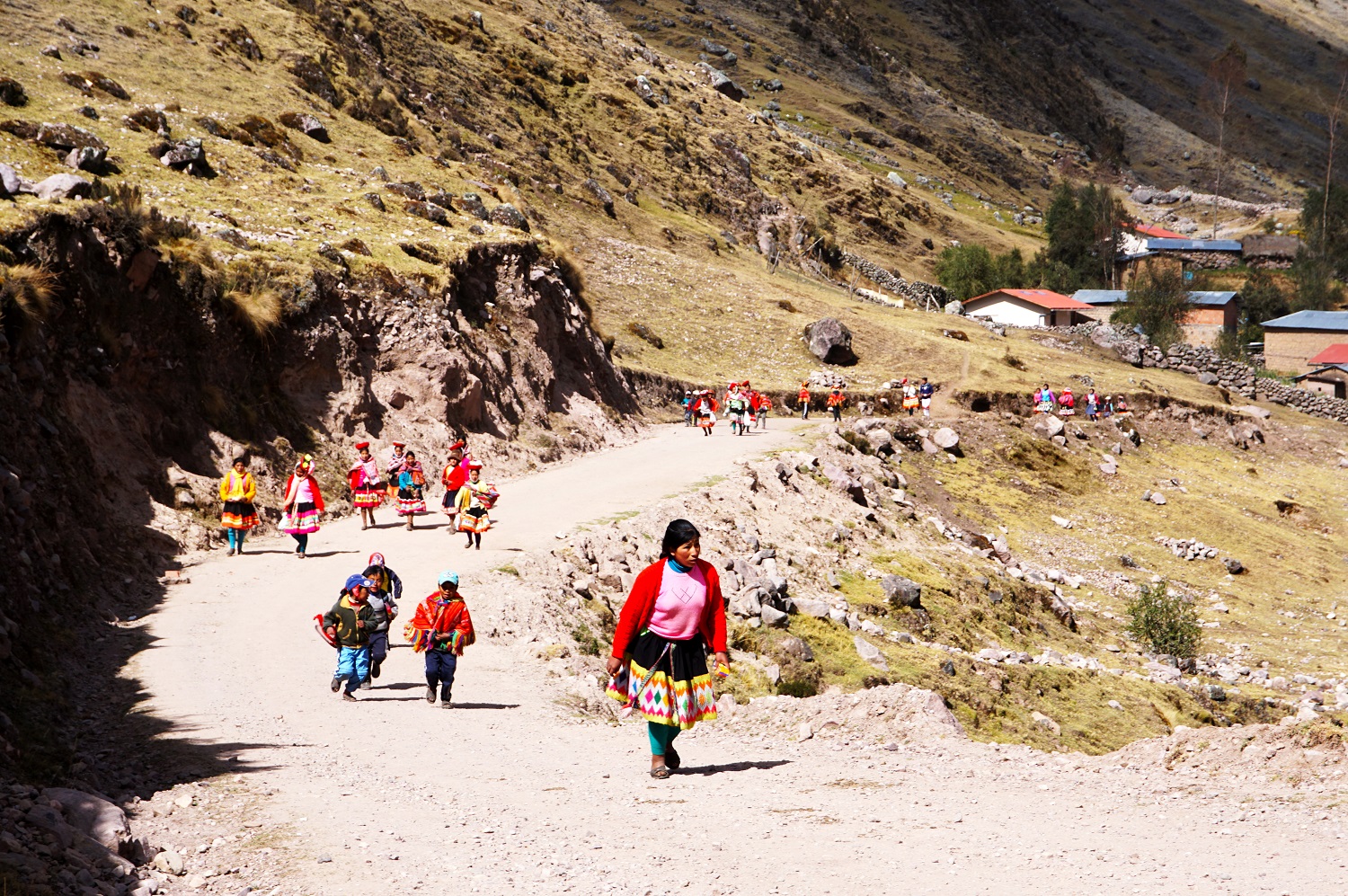A Compassionate Exploration of the Rich Tapestry of Indigenous Communities

As we stand amidst the relentless pace of modernity, it becomes imperative to carve out moments of reflection on the intrinsic rights and formidable challenges faced by indigenous communities. At the heart of this contemplation lies the 169 ILO Convention, a beacon that recognizes these communities as the original stewards of their lands. This acknowledgment extends beyond mere possession, entitling them to fundamental rights that encompass the very soil beneath their feet and the core of their cultural practices.
Let’s embark on an exploration of the 169 ILO Convention, a cornerstone document that not only acknowledges but seeks to safeguard the rights and resilience of indigenous communities worldwide.
Before the 169 ILO Convention
The genesis of this global accord, actualized on September 5, 1991—less than three decades ago—ushered in a transformative era. Before its enactment, indigenous communities languished in obscurity, forgotten and devoid of state services, relegated to a status akin to second-class citizens. The poignant literature of José María Arguedas in Peru serves as a testament to this historical neglect, amplifying the urgent need for rectification.
Yet, despite the global recognition of indigenous rights, progress remains subtle, particularly in developing nations where public investment gravitates towards productivity hubs, leaving remote areas marginalized. This perpetuates a cycle of deprivation, impacting education, nutrition, and health, all while nurturing misguided perceptions and stereotypes about the capabilities of these resilient communities.
Amidst these challenges, Ritisuyo is a beacon of advocacy, choosing dignity over charity. By offering well-paid jobs with mutual respect, Ritisuyo aligns with community leaders like Vicente, Pablo, the Covarrubias family, and Benita, collectively envisioning a brighter future for their compatriots and future generations.
Ecotourism and Ritisuyo: Nurturing Nature and Culture
Ecotourism, rooted in principles of environmental respect and cultural awareness, forms the core of Ritisuyo’s ethos. Restricting group sizes to a maximum of six ensures minimal environmental impact and enhances the quality of the experience for both visitors and hosts.
Trekking with Ritisuyo fosters environmental and cultural awareness, connecting participants with the beauty of the Andes and the rich local culture. Our projects involve extensive consultations with community members, aiming for positive experiences and mutual respect. Financial benefits are directed towards community development, conservation, and local authorities for cleaning and conservation efforts.
Ritisuyo’s commitment extends to constructing ecological cabins in the Ausangate protected park, an agreement made in collaboration with the Anantapata community. This initiative prevents land deterioration from improvised camps, empowering the community economically.
Despite respecting laws, Ritisuyo acknowledges the need for more support at the political and social levels to achieve its ecological awareness and cultural respect goals fully.
Non-conventional Tourism for a Sustainable Impact
Non-conventional tourism stands as the antidote to mass tourism, emphasizing quality over quantity. For Ritisuyo, the greatest comfort isn’t synonymous with the best experience. Challenging circuits, prioritizing solidarity with communities and environmental commitment, redefine travel as a transformative and rewarding experience.
Creating non-conventional circuits requires meticulous planning embracing challenges over expected results. Ritisuyo’s philosophy centers on providing an authentic experience aligned with the locals’ daily reality. The emphasis on solidarity, environmental consciousness, and a genuine connection with local communities distinguishes non-conventional tourism as a unique and sustainable travel option.
The Bottom Line
In essence, understanding indigenous communities, engaging in ecotourism, and embracing non-conventional tourism are pathways to witnessing and actively participating in transformative and respectful travel experiences.
Join us at https://ritisuyo.com as we foster a deeper connection with nature, culture, and the communities that make these journeys extraordinary.





